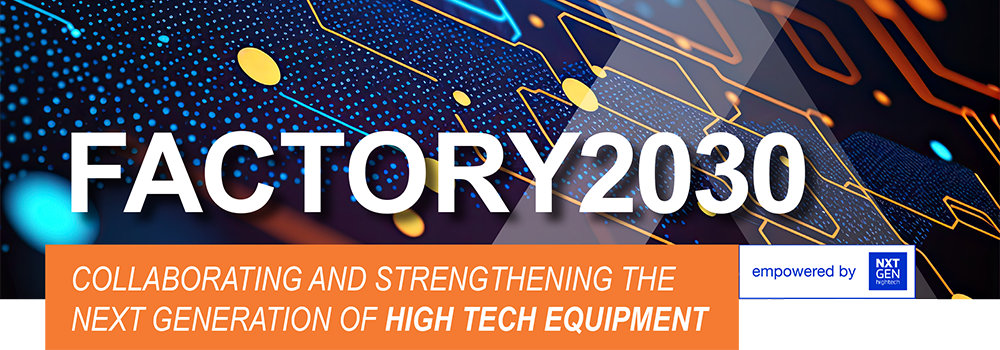
As an international leader in the field of innovative high-tech equipment, the Netherlands has had to face the challenges posed by political interests and the growing number of competitors around the world. In order to contribute to R&D efforts, the National Growth Fund has defined the NXTGEN Hightech program to ensure sustainable growth for future generations. This will be achieved by working on high-tech solutions around key enabling technologies for societal challenges such as energy transition, health, and food.
NXTGEN Hightech will embark in an exciting path of collaboration between different scientific disciplines and industrial sectors. Together, project partners will build powerful knowledge networks, attract new investment opportunities, developing and retaining talent, strengthen the ecosystem, and further enhance the presence of the Dutch high-tech industry around the globe. Over the next years, multiple working groups from across the country will focus their efforts in six core application domains to develop smart solutions: agrifood, biomedical production technology, energy, composites, laser satellite communications, and semiconductors. These domains will be supported by key system technologies such as systems engineering, smart industry, optomechatronics, robotics, thin film & plasma, semicon devices and bionanotechnology.
Smart Industry as a Key Technology
Integrating digital technologies into Dutch factories has already shown its benefits by making production more efficient and more connected. At the same time challenges have emerged as the market demands for an improved use of resources and reduced lead times. One way to address these challenges can be by adopting digitalization strategies from smart industry technologies. Through different applications, smart industry developments have contributed to make factories more autonomous, boost the productivity of personnel, and create smarter machines.
At NXTGEN Hightech, the vision for smart industry is to develop applications that increase the automation of the production chain and innovations that increase productivity, flexibility, sustainability and quality. These efforts will be translated into practice through regional test centres where real production setups can showcase the possibilities of autonomous factories. Through cross-country efforts, the 10 projects under the NXTGEN Hightech Smart Industry domain will work together to build a digital future!
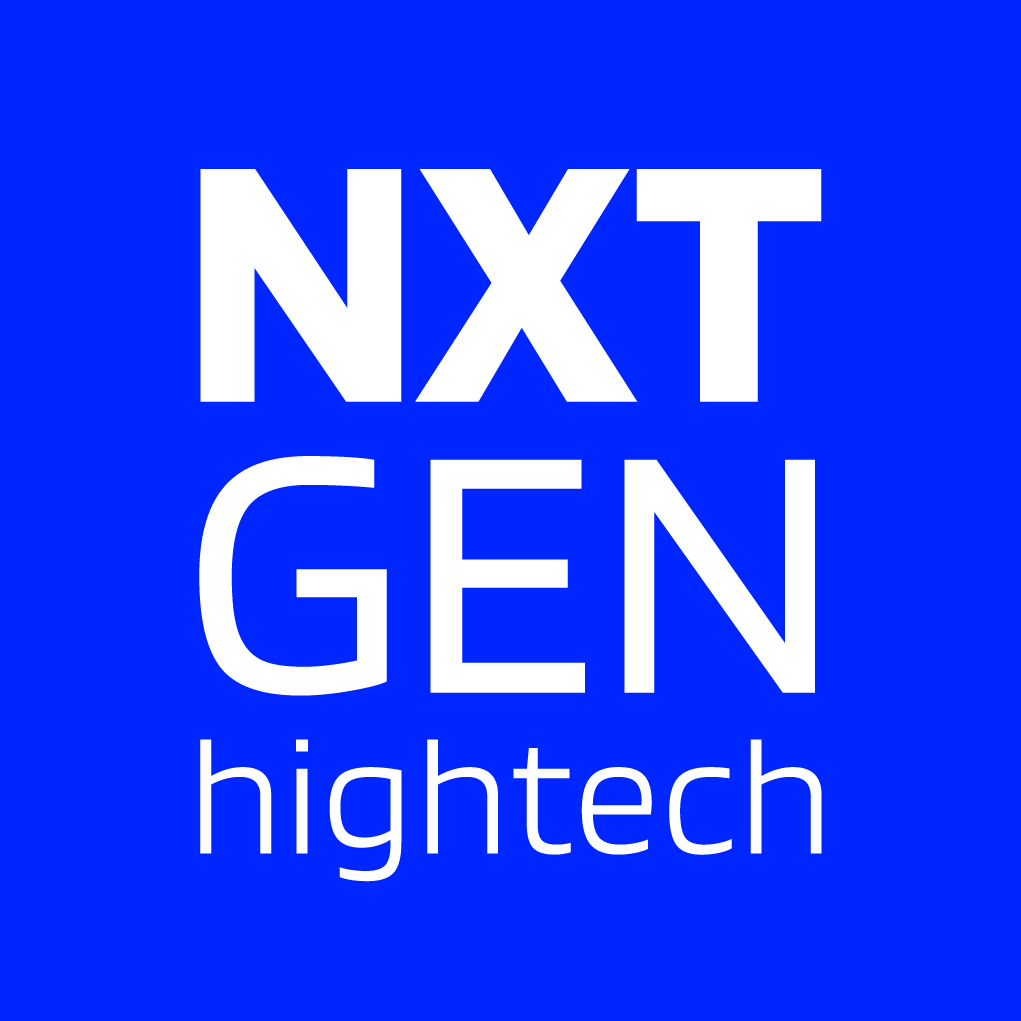
NXTGEN Hightech is a National Growth Fund program, which started in early 2023, to develop innovative high-tech equipment that contributes to solutions for major societal challenges and to the competitiveness of the Netherlands. The investments are of approximately 1 billion euros by 2030 and involves the collaboration of 330 partners within over 60 projects.
Factory 2030 as the Industrial Cluster East
Factory2030 is the eastern cluster working on developing technologies and strategies for the autonomous factories of the future. Lead by the University of Twente, the consortium includes both research institutions and 10 industrial partners from the region working on 18 industry-driven use cases.
The project’s efforts are focused on the development of advanced and flexible production systems across NXTGEN Hightech domains, mainly focusing on expanding the knowledge for:
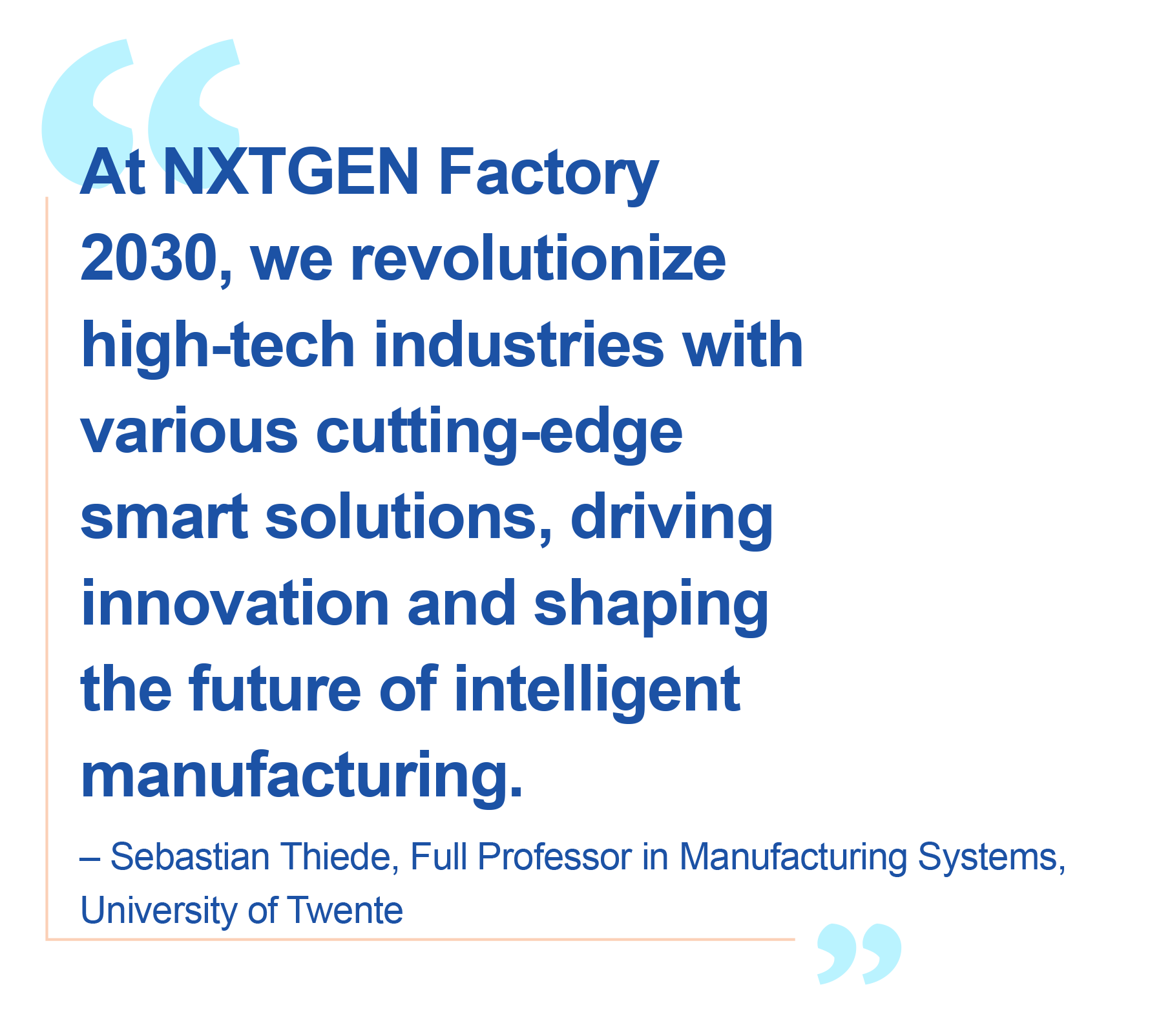
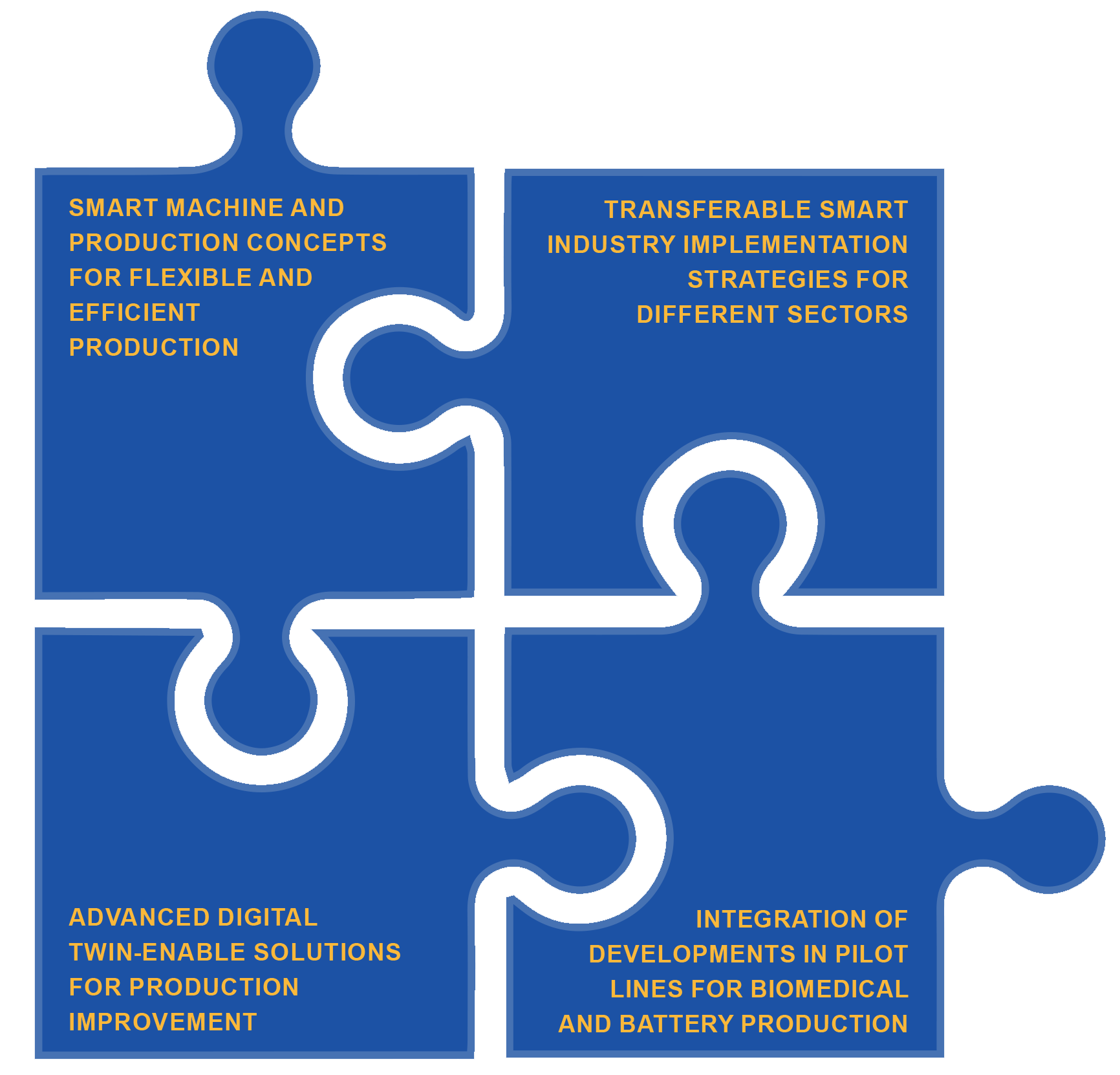
These contributions will be developed over the coming years of NXTGEN Hightech to strengthen the competitiveness of Dutch industrial partners.
In addition, the collaborative efforts within Factory2030 will result in the improvement of smart battery production, advanced biomed production, components for semicon production, and cross sector digital transformation:
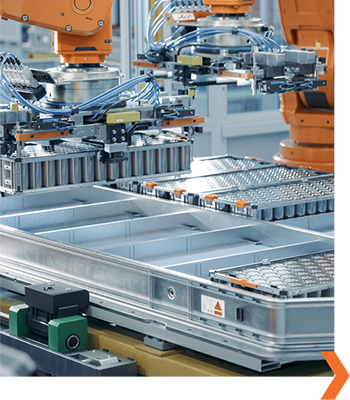
Smart Battery Production
The production of batteries encompasses a process chain with highly specific ambient conditions, high cost sensitivity, relevant environmental impact, vital product and operator safety, and specific product requirements. The use of new materials and production processes emphasizes the importance of thoroughly monitoring the production parameters and an adequate planning of the production facilities. Factory2030 is addressing these challenges through 4 use cases and by collaborating with two industrial partners, Demcon and LeydenJar. The outcome of Factory2030 in this domain will be to gain a further understanding of battery production process chains, improving environmental conditions while saving energy during battery production, development of transferable digital twins, and by applying Smart Industry principles to a battery pilot line.
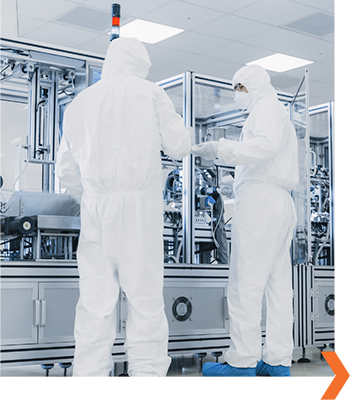
Advanced BioMed Production
The field of biomed production consists of an extensive array of applications which involve diverse production routes, regulated boundary conditions, and a highly competitive market. Such is the case of high-volume medical disposables production, these need to comply with strict standardised requirements for production environments and achieve the highest levels of quality control. Further development of this production processes will be reached through 4 use cases in Factory2030 and by working together with Demcon and Uneedle. Some of the contributions to this domain will be a systematic requirement analysis for current and future biomed process chains, development of functional building blocks for automated production, and transferring the generated knowledge into a pilot line.
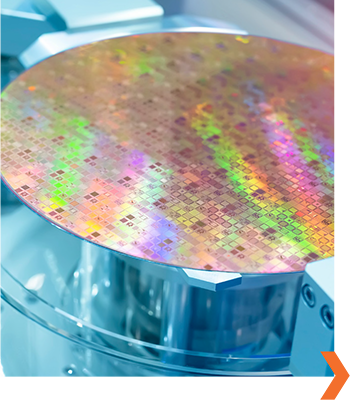
Components for Semicon Production
One of the most challenging value chains is the production of semiconductors due to the combination of complex production technologies, highest precision requirements, equipment availability, and cost competitiveness. Therefore it is of great importance to tackle these production and equipment challenges to achieve smaller, more powerful, and more efficient semiconductors from Dutch manufacturers. In this domain, research will carried out through 4 use cases by the Factory2030 team which includes the collaboration with Levitech and VDL ETG. Some of the results for this domain include gaining a systemic understanding of the semicon value chain, development of strategies and tools for materials and performance traceability, and translating these efforts into semiconductor equipment and production.
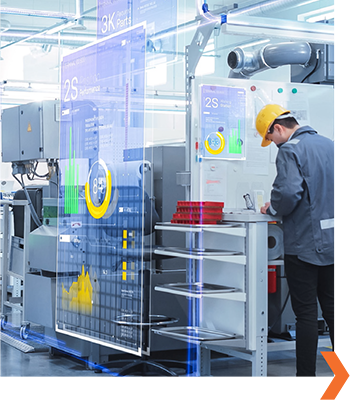
Cross-sector digital transformation
The learnings and solutions from one field have the potential to benefit another one. Knowledge from domainspecific solutions could be translated to improve product development, manufacturing processes, or production systems. Taking this into account, Factory2030 has taken a broader view from the start to identify the best practices in digitalisation to address challenges in 6 different use cases with industrial partners Cooll, Distribute, Fiberneering, NLR, Odd.Bot, and Specto Aerospace. To bridge knowledge between domains, the collaboration will focus into developing digital product development pipelines, self-organising and smart planning of manufacturing systems, smart models for quality control, and implementation guidelines for digital transformation.

Cooperation over the next years between current and future Factory2030 collaborators will result in a stronger and more competitive Dutch industry. The contributions of Factory2030 will sum to furthering the Smart Industry domain in East Netherlands and other regions of the country. Along with the other projects within the NXTGEN Hightech programme the next generation of hightech equipment will be created.

This project received a contribution from the Growthfund programme NXTGEN Hightech.
